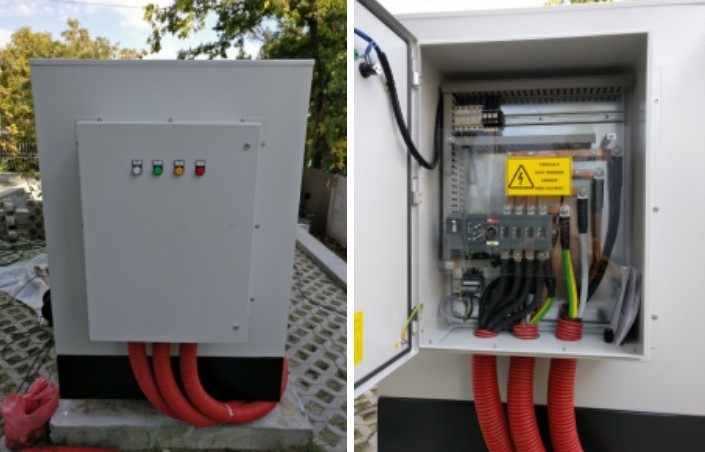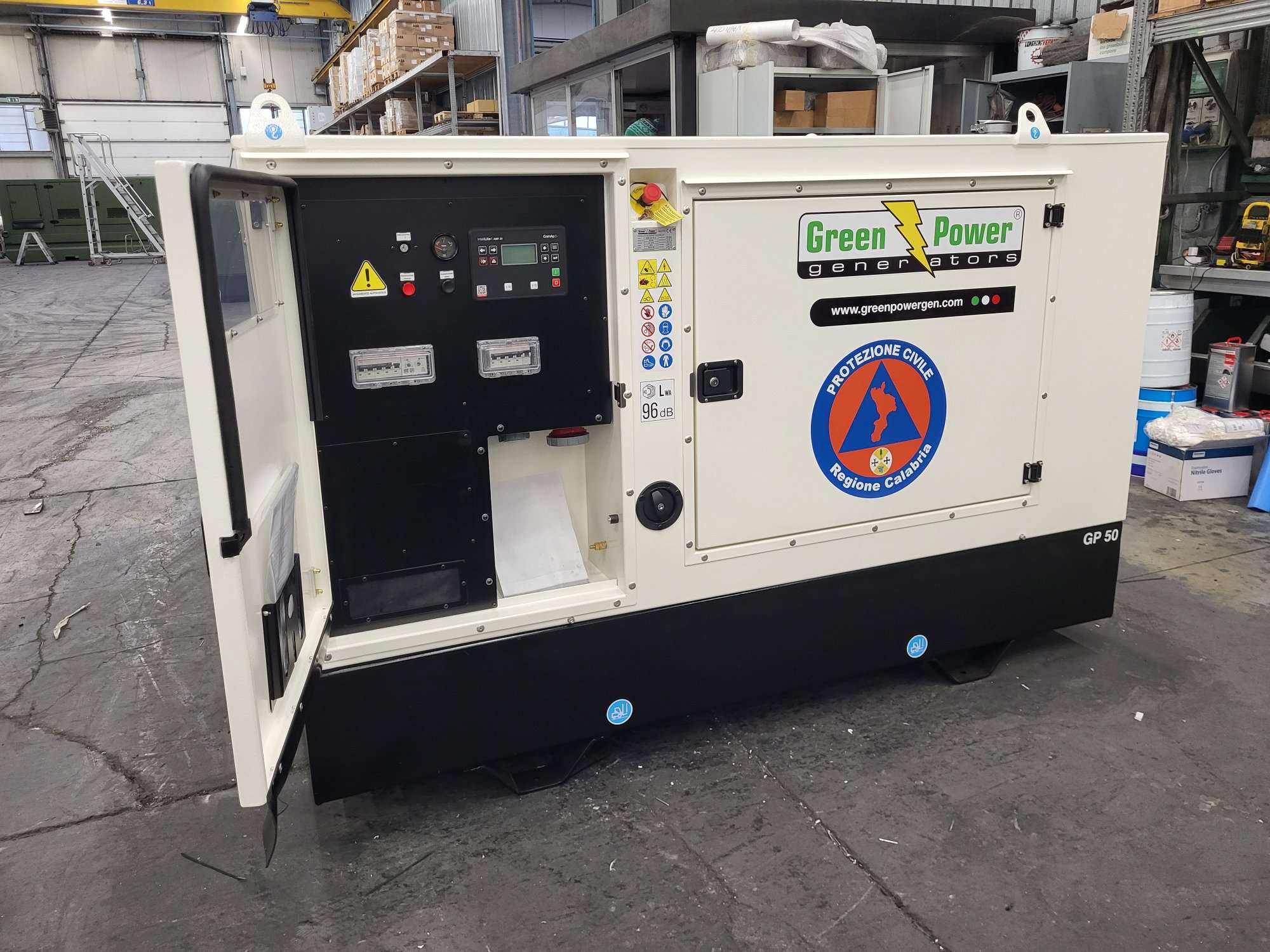- Home
- About
- GeneratorsAUTOMATIC DIESEL GENERATORSRELIABLE POWER SOLUTIONS INDUSTRY, BUSINESS & HOME
GREEN POWERquality, reliability and efficiency
SINGLE PHASE GENERATORSThe single-phase generators range consists of several very reliable machines that work in a system powered by single-phase voltage. Their power ranges the usual single-phase installations commonly known to be 5 to 20 kilowatts .
SMALL&MID-RANGE GENERATORSThis is the most popular and versatile range of generators. They are designed for a three-phase electrical network, but in some cases, when there is a three-phase mains and single-phase consumers, their use is extremely appropriate.
INDUSTRIAL GENERATORSThe range of industrial generators covers capacities in range 500 to 2500 kilowatts. Industrial diesel generators are specially developed for industrial needs with high energy requirements.
- News
- Contacts
- Home
- About
- GeneratorsAUTOMATIC DIESEL GENERATORSRELIABLE POWER SOLUTIONS INDUSTRY, BUSINESS & HOME
GREEN POWERquality, reliability and efficiency
SINGLE PHASE GENERATORSThe single-phase generators range consists of several very reliable machines that work in a system powered by single-phase voltage. Their power ranges the usual single-phase installations commonly known to be 5 to 20 kilowatts .
SMALL&MID-RANGE GENERATORSThis is the most popular and versatile range of generators. They are designed for a three-phase electrical network, but in some cases, when there is a three-phase mains and single-phase consumers, their use is extremely appropriate.
INDUSTRIAL GENERATORSThe range of industrial generators covers capacities in range 500 to 2500 kilowatts. Industrial diesel generators are specially developed for industrial needs with high energy requirements.
- News
- Contacts







